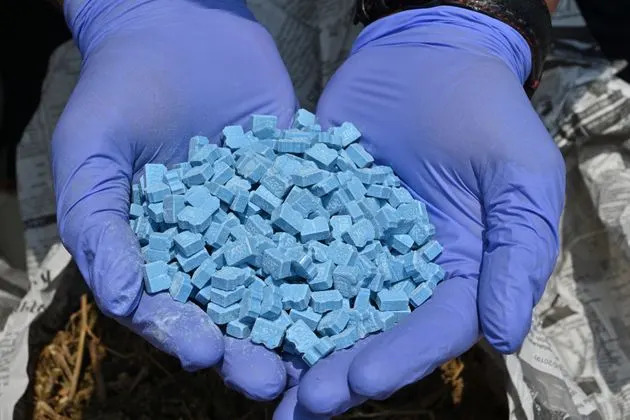News
Australia Legalizes Psychedelics
The Australian government revealed in a surprise announcement Friday, 3rd February 2023 that MDMA and psychedelic mushrooms will soon be medically available for patients with post-traumatic stress disorder and treatment-resistant depression, respectively.
The decision follows numerous international studies that point to the promise of “magic mushrooms,” also known as psilocybin, and MDMA, otherwise known as ecstasy or molly, for alleviating mental health issues. Prescriptions will start in Australia on July 1.
The Therapeutic Goods Administration clarified that only authorized psychiatrists will be able to dole the substances out, and only for patients whose depression or PTSD have proven resistant to traditional treatment and standard medication.
“The decision acknowledges the current lack of options for patients with specific treatment-resistant mental illnesses,” the administration wrote in a statement on its website. “It means that psilocybin and MDMA can be used therapeutically in a controlled medical setting.”

Psychedelic mushrooms can be prescribed for treatment-resistant depression in Australia starting July 1.
Australian laws will otherwise continue to classify the substances as Schedule 9 drugs. This mirrors practices in the United States, where psilocybin and MDMA are indexed as Schedule 1 drugs due to a lack of “accepted medical use,” according to the government.
Friday’s announcement has been warmly received by many Australian researchers.
Stephen Bright, a senior lecturer at Edith Cowan University, told the Guardian that the move will make Australia “the first country in the world to officially recognise MDMA and psilocybin as medicines.”
While some may remain skeptical, approaching MDMA and psilocybin as tools rather than criminal evidence could be an invaluable step. About 13 million Americans had PTSD in 2020, for instance, while 21 million had a major depressive episode.
“The safe ‘re-medicalisation’ of certain historically illicit drugs is a very welcome step away from what has been decades of demonisation,” Dr. David Caldicott, a clinical senior lecturer in emergency medicine at the Australian National University, told the Guardian.

MDMA, otherwise known as ecstasy or molly, will be medically available for PTSD.
“In addition to a clear and evolving therapeutic benefit, it also offers the chance to catch up on the decades of lost opportunity [of] delving into the inner workings of the human mind, abandoned for so long as part of an ill-conceived, ideological ‘war on drugs,’” he continued.
Mike Musker, an enterprise fellow in the Mental Health and Suicide Prevention Research and Education Group at the University of South Australia, echoed these remarks. He told the Australian Broadcasting Corporation that “thousands of people across Australia” will benefit from medicinal use.
“There are many people in the community experiencing PTSD and depression, particularly army veterans and people who have worked in emergency services, where standard psychiatric drugs have not worked and offer no relief,” Musker said.
If you or someone you know needs help, dial 988 or call 1-800-273-8255 for the National Suicide Prevention Lifeline. You can also get support via text by visiting suicidepreventionlifeline.org/chat. Outside of the U.S., please visit the International Association for Suicide Prevention for a database of resources.
